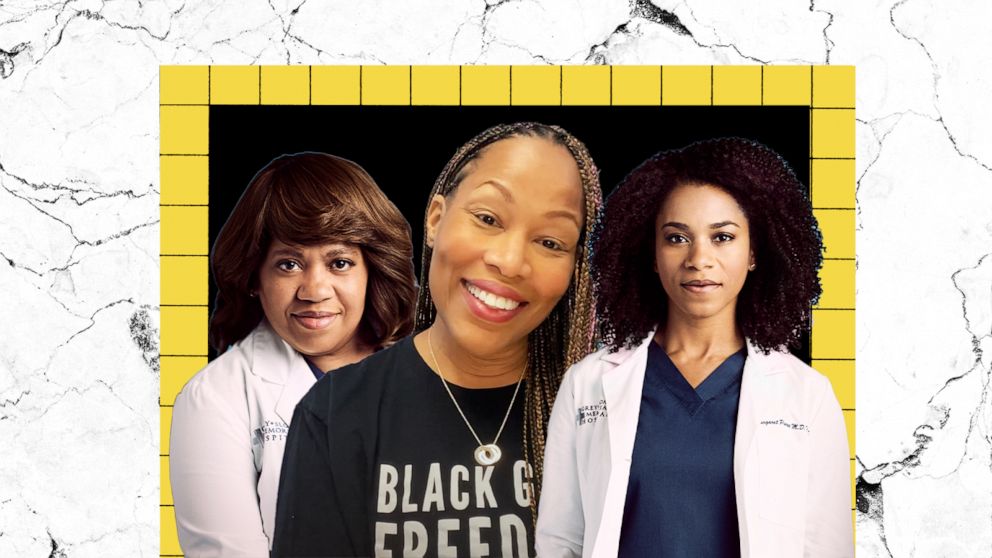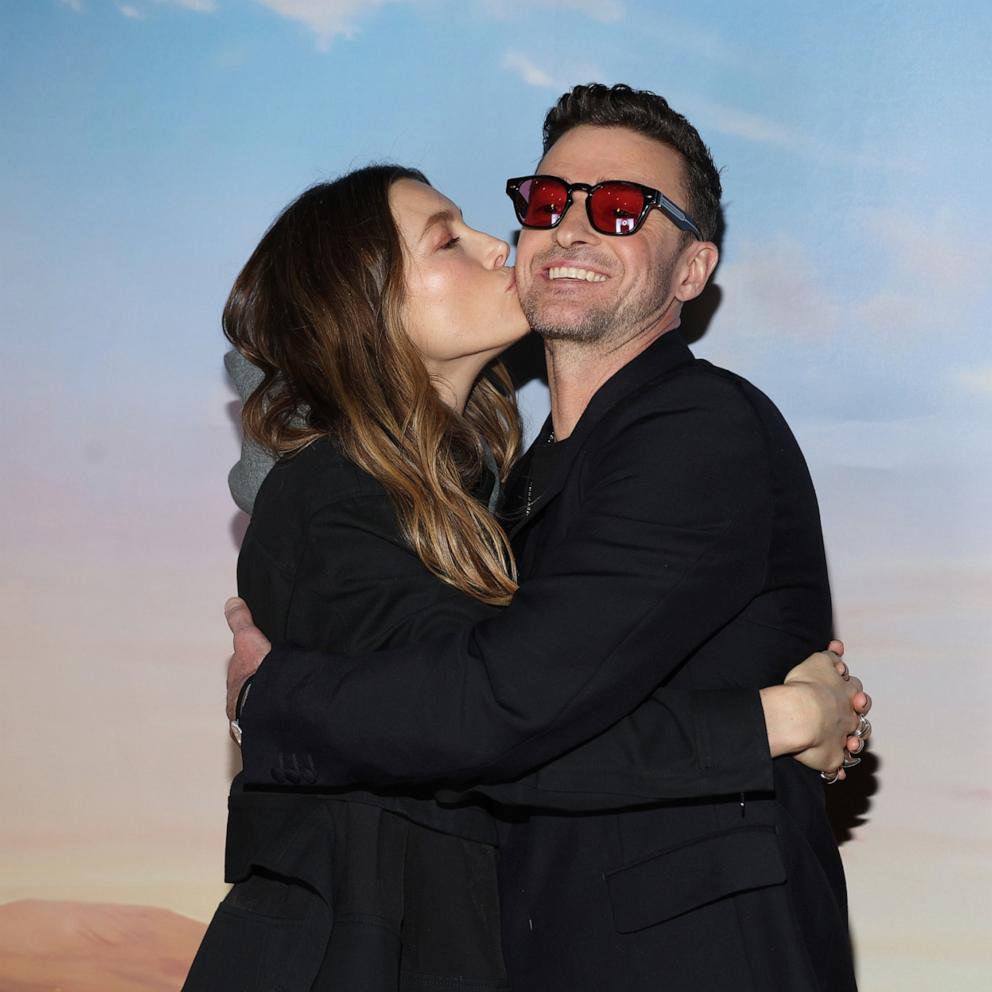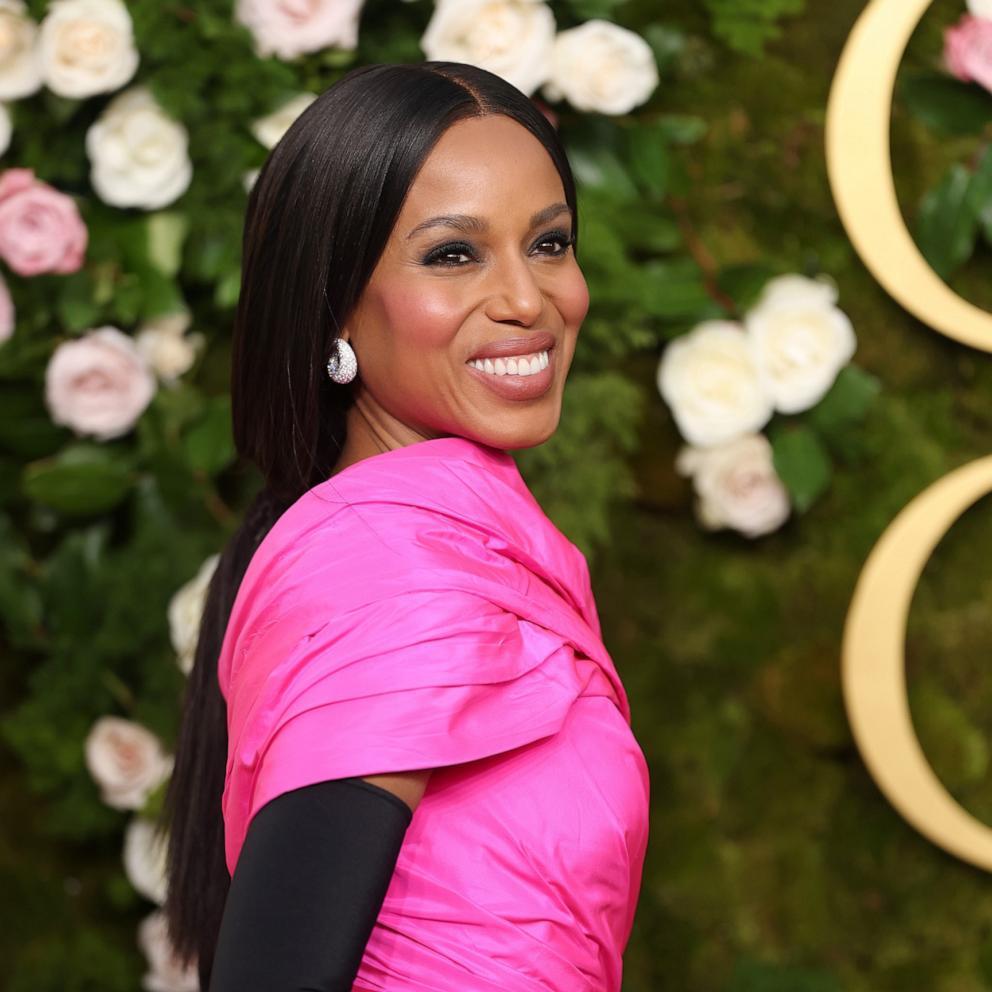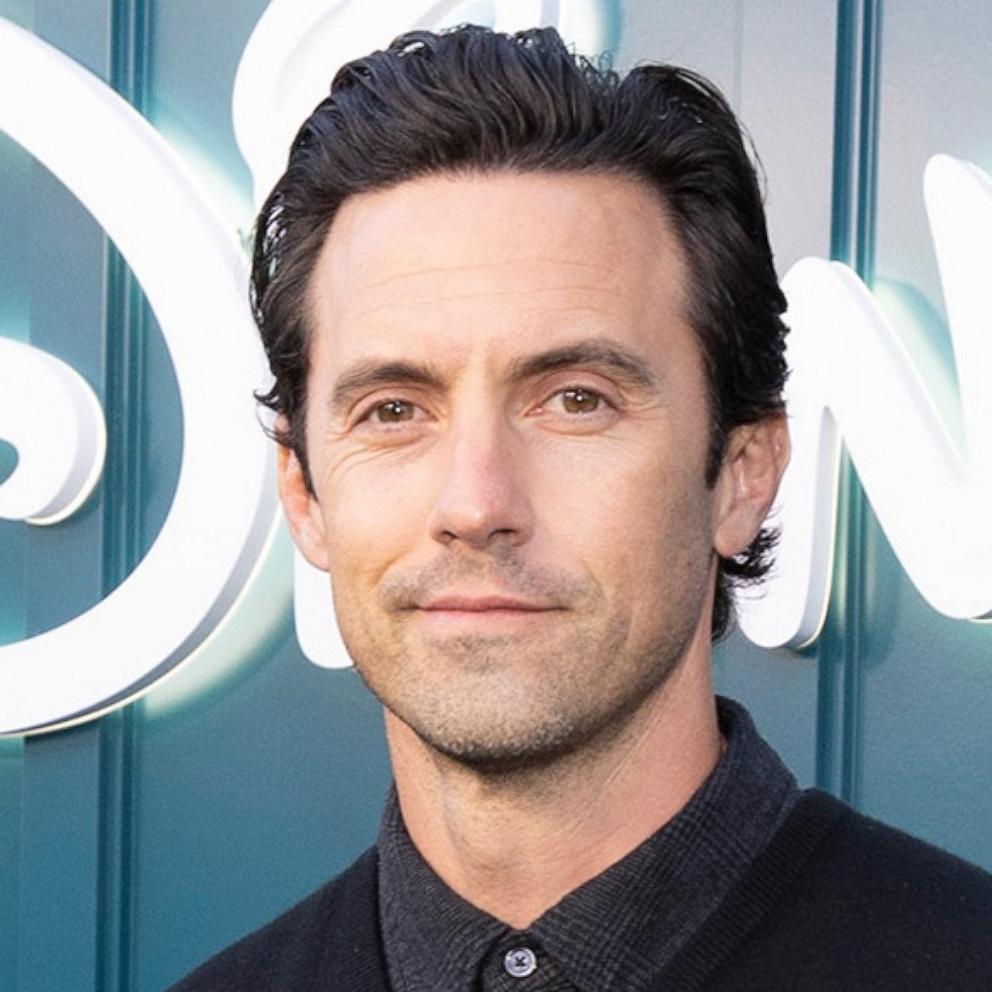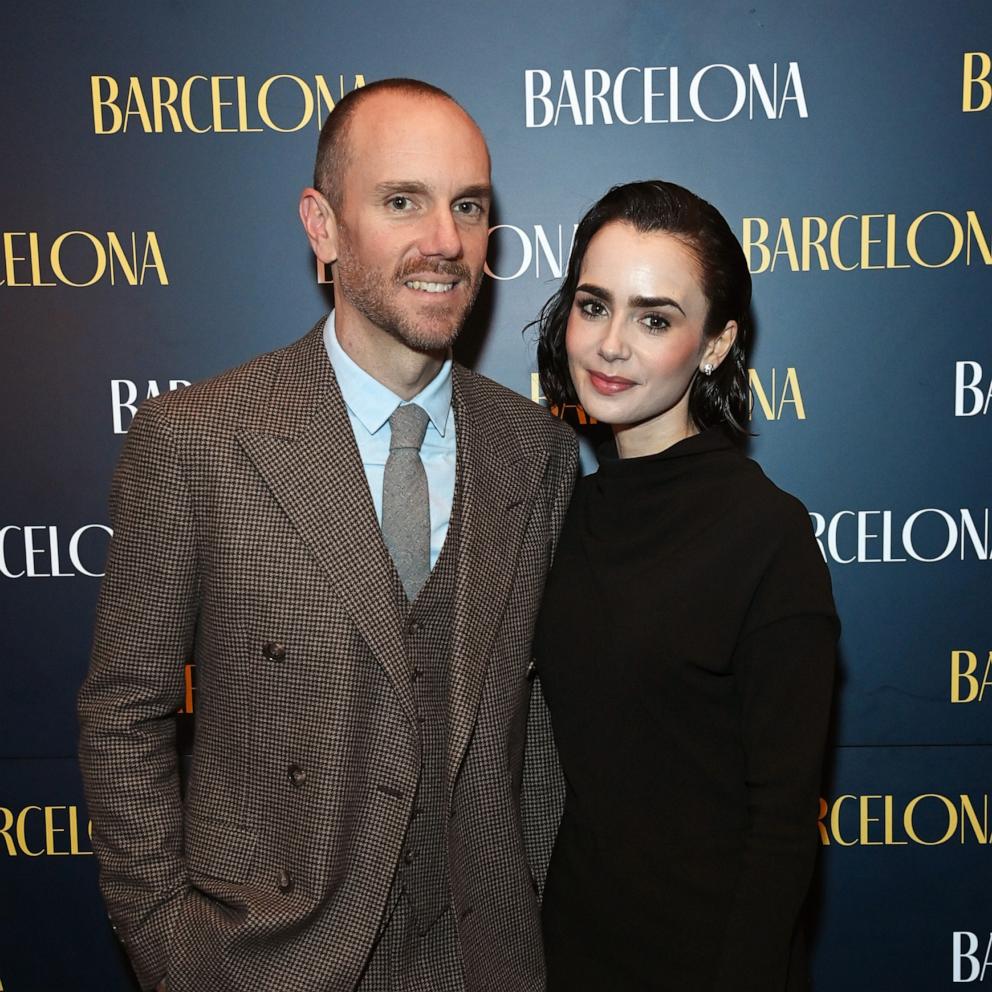'Grey's Anatomy' stars reflect on what it means to be Black women in Hollywood
Few shows from the Golden Age of television have lasted as long as "Grey's Anatomy," TV's longest-running primetime medical drama, or arguably, have had as much of a cultural impact as this Shonda Rhimes creation.
Seventeen seasons in and the series is still going strong, tackling the COVID-19 pandemic in unique and powerful ways through emotional storytelling and the audience's relationship with the characters. For Black History Month, "Good Morning America" gathered stars Chandra Wilson (Dr. Miranda Bailey) and Kelly McCreary (Dr. Maggie Pierce) as well as Zoanne Clark -- a doctor, writer and executive producer who has been with "Grey's Anatomy" since the pilot -- for a wide-ranging chat conducted over Zoom.
Topics included how they navigate their lives as Black women, how they believe Hollywood is changing for the better, how they deal with their "complicated" relationship to the United States and what gives them hope for the future.
Scroll down to read highlights from the discussion and watch the full conversation in the player above or the video below.
On how Wilson and McCreary were cast in their respective "Grey's Anatomy" roles...
Clack noted how Dr. Miranda Bailey was the only character given a race and description in the "Grey's Anatomy" pilot, having first been described as "a tiny blonde with curls who was underestimated." She remembered how Wilson ultimately "stole the role" with her audition, which led to changes to the character.
This led to Wilson acknowledging how she had been treated in castings prior to her booking this career-defining role, which she has portrayed since 2005.
"I wasn't (an) ingénue; I didn't have whatever that look was, and casting always likes to give you a type," she said. "I was always the thing that they called 'non-traditional casting,' so I would just go in for anything and just say, 'I know that the role says this, but let me show you how I would do this,' and see if that's OK."
"That's always been the case for me. I already knew I didn't fit in, so I just never cared," Wilson added. "I was just like, 'I know you're looking for her, but here, how about this.'"
McCreary, who has played Dr. Maggie Pierce, a mixed-race woman, since joining the show in late season 10, acknowledged her own "light-skinned privilege" for having booked numerous roles in her career.
"I'm Black; both of my parents are Black. I am the light-skinned one in my family and everyone else in my family has a darker complexion than I do," she said, explaining the "weird anomaly" of her career that most of the auditions she gets are for biracial women despite her not being one herself.
"So I'm a Black woman and, because of my complexion, I was mostly going in to play mixed girls. These are roles that I wouldn't have been able to audition for and book, possibly, if my complexion had been darker," McCreary elaborated. "That's my light-skinned privilege."
McCreary said she approaches every character she reads for as if they are Black because she is Black herself, noting that "there are no dials of Blackness" for her to turn -- even though some have asked her to be "more urban" or "more Black." Thankfully, she reassured everyone, that hasn't happened lately.
On Dr. Bailey and Dr. Pierce's scene on the park bench talking about COVID-19 pandemic's impact on the Black community...
While this season has focused largely on COVID-19, the powers that be behind the show have taken it further by specifically addressing its impact on the Black community. Perhaps one of the most powerful scenes thus far was in season 17's fifth episode, with Wilson and McCreary's characters having a candid chat on a park bench.
The two women had shared the screen before, sure, but no interaction between them had been as intimate and raw as this one -- and that's the exact reason why Clack, who penned the episode, said she wanted to write this particular moment.
Wilson said that because of the subject matter and them being a "vehicle for people to grieve at that time" amid the global pandemic, as evidenced by Dr. Bailey talking about her mother, who has Alzheimer's and resides in a nursing home. Being both elderly and Black, her mom falls within two communities hit hard by the virus.
"We hadn't had a national day of mourning yet, we hadn't had a national acknowledgement of the losses that have been occurring during the pandemic," she explained. "So I understood the need to facilitate that and to be able to give a conversation to our audiences that maybe they aren't having, that they don't know. That as Black women, as Black children, as Black physicians these are conversations that we have."
McCreary, on the other hand, looked at the scene as a moment between two Black women simply connecting on another level.
"I've been thinking a lot about how Maggie was a prodigy, and she was very likely -- not necessarily, but very likely -- one of the only or one of the few Black girls, kids, people in almost every scenario she was in growing up," she suggested. "When I think about my upbringing, that was true, too. I think a lot about having been identified as a young, gifted, Black talented kid, and how I was sort of separated and isolated."
McCreary said being recognized in this way led to a disconnect with the other kids, many of whom she is sure "had talent and ambition and intelligence that just wasn't identified."
"For maybe for a long time in her life, Maggie thought of herself as the only -- she was, maybe, in a lot of those spaces -- and finally there's somebody else here sharing the space who is also a Black woman who has achieved a lot and has probably faced a lot of the same struggles," she continued. "Here they finally have this chance to get to know the ways in which their their journeys may have been similar or different."
On how "Grey's Anatomy" has earned the right to talk about important issues...
McCreary called the show "kind of revolutionary and political without ... hitting people over the head with it," using the fact that people of color have always been in powerful positions both in front of and behind the camera.
"The way that we have told the characters' stories over the years has just been sort of inherently culture shifting," she said. "I think that it has shifted the culture enough so that we were primed for more advanced conversations like the ones that we're having now."
Wilson agreed, adding that scenes such as the one previously mentioned have been "earned" throughout years of building trust with viewers -- a notion that hit home with Clack.
"I feel like we've earned our place in talking about this now," she chimed in. "We we pushed the boundaries 17 [seasons] ago. As our show has progressed and as culture has changed and as the years have gone on and the millennials have come, we are pushing the boundaries again."
"It's just a complete evolution, it's a pushing forward, it's a moving," Clack continued. "And now, is it enough to just have those characters be those characters, or are we going to identify with their experience?"
